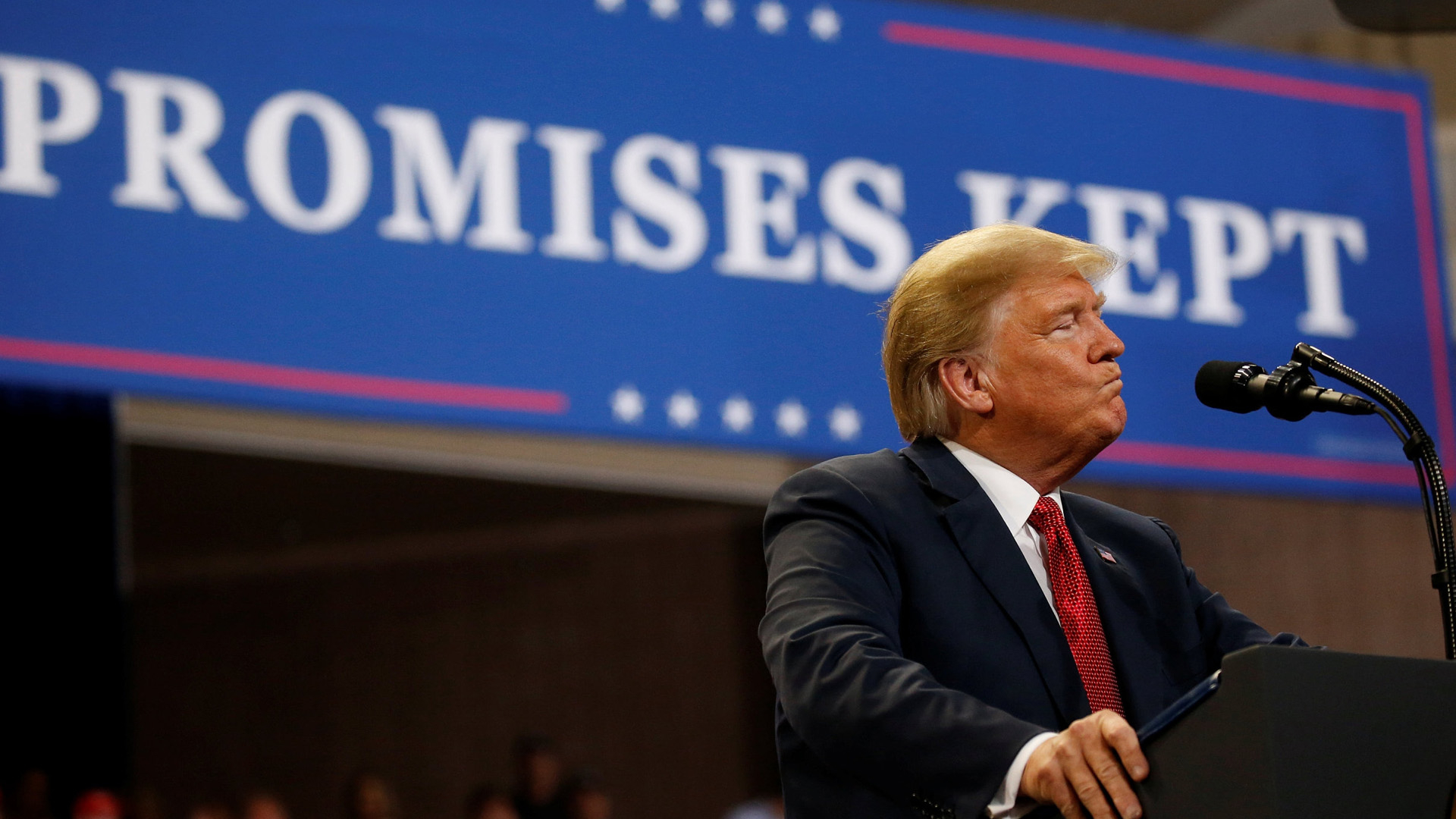
Politics
21:22, 17-Oct-2018
What's behind US accusations of China’s meddling in elections?
Updated
21:02, 20-Oct-2018
By Nayan, You Yang, Zhang Congying
01:05

The Trump administration has repeatedly accused China of meddling in the upcoming US midterm elections. But the fact remains that the US government has yet to provide a single piece of evidence for Chinese interference. What's the truth behind US accusations of Chinese meddling?
The most prominent evidence the US has tried to put forth, is a clearly-labelled article from the China Daily in an Iowa newspaper. This is a somewhat baffling charge, given that it's a common practice for foreign governments, including that of the US, to buy editorial space in local newspapers.
US Vice President Mike Pence, in his speech at the Hudson Institute on October 4, also complained that the Chinese media is taking what he called "marching orders" from the Communist Party. But instead of launching accusations against the Chinese press, perhaps the Trump administration should explain its own actions. The US has, and continues, to invest millions of dollars in supporting the global operations of its own media outlets, like Voice of America and Radio Free Asia.
Meanwhile, the meddling theory against China has failed to convince journalists and experts across the globe. Recent articles in global media organizations, have repeatedly questioned the veracity of the interference accusations.
On September 26, CNN reported Trump's accusations but added "the president offered scant details or evidence."
On the same day, the Washington Post carried the same news with the headline "Without offering evidence, Trump accuses China of interfering in US midterm elections."
On October 5, The Guardian wrote an article on the vice president's charges with the headline "Mike Pence accuses China of meddling in US elections despite lack of evidence."

SITEMAP
Copyright © 2018 CGTN. Beijing ICP prepared NO.16065310-3
Copyright © 2018 CGTN. Beijing ICP prepared NO.16065310-3